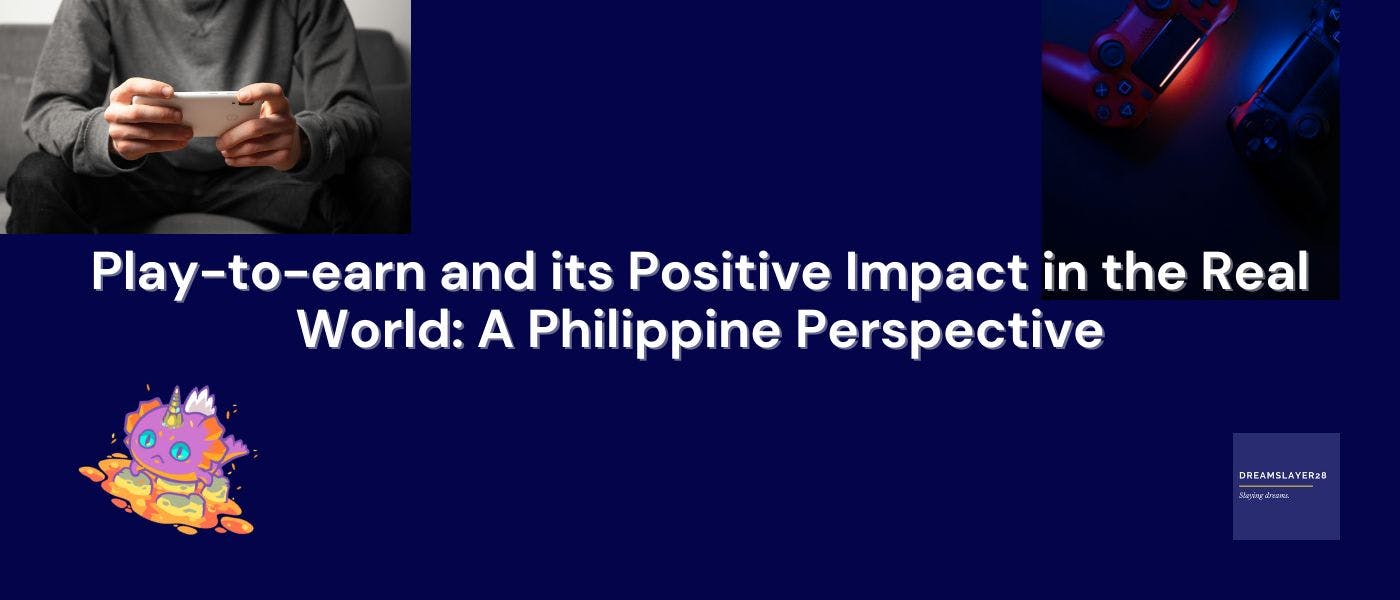2,259 reads
Play-to-Earn and its Positive Impact in the Real World: A Philippine Perspective
by
October 9th, 2021
I'm 28 and a Zamboangueño. When I'm not teaching, I muse about play-to-earn. I'm hooked to fruit tea and shakes!
About Author
I'm 28 and a Zamboangueño. When I'm not teaching, I muse about play-to-earn. I'm hooked to fruit tea and shakes!
